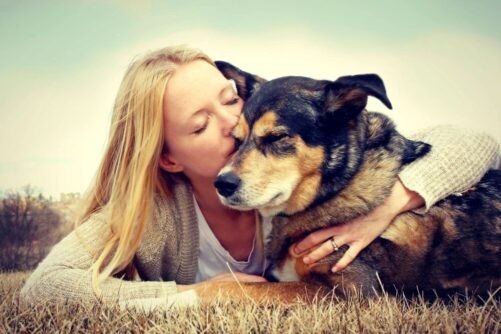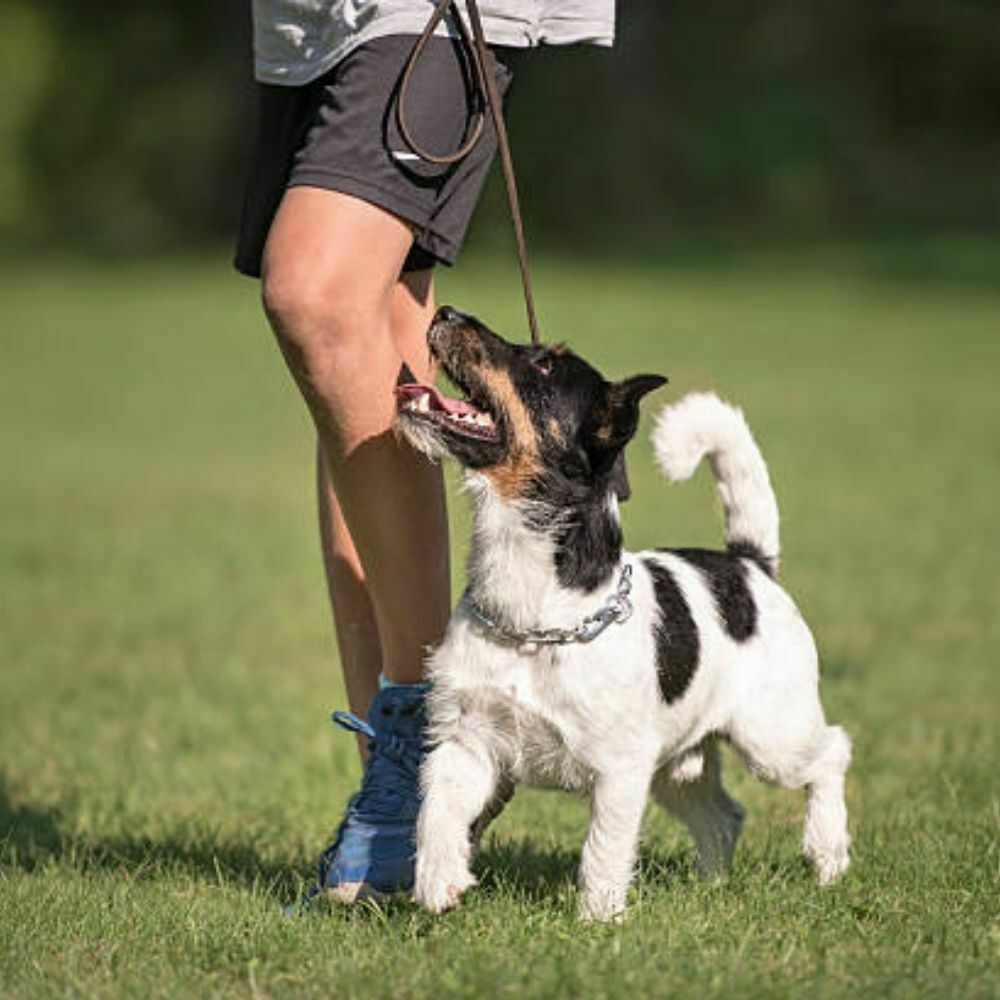Here are the 9 questions dog handlers or dog families will ask you before hiring you as a dog trainer.
If you adore your furry friend, as I adore mine, entrusting his education to a trainer is no easy task. You have achieved the most difficult thing, capturing the attention of your potential client. Whether you have done advertising campaigns as a dog trainer or if it has come to you, you must be prepared. It is very important to make a preliminary reflection exercise and empathise with the prospect or potential client.
1-. Can you teach my dog everything I need?
Be sure to ask the owner to detail any problems they have with their dog. That is, if he is afraid of the vet, if he runs after bikes or motorbikes, if he barks at other people or dogs, if he barks when the doorbell rings or someone passes by the house, so that you can work on this and make a plan to get the best results. Obviously you know how to help your dog, but it is just as important if not more important that your family understands this too 😉.
2-. Do you guarantee good results as a dog trainer?
You know better than anyone that guaranteeing success with all the variables involved is practically impossible. I understand because it's similar to guaranteeing success in a social media advertising campaign. But what you must do, as I do with my clients, is to guarantee that you will do everything possible to ensure that their dog achieves all the goals set and that you succeed as a team.
It is better to be transparent and not to create false expectations for customers that can later work against you. Being honest is always a good job.
3-. Do I have to participate in my dog's training?
There is a false belief that the dog trainer trains the dog, as if the dog has a problem just because it is a dog, when what is being educated is good coexistence and canine-human understanding. It is essential to make the handler or the dog's family understand that the best trainer for their dog is them, and that the professional dog trainer does not do things alone, as he must teach the owner how to train his dog. Without the dog's family, training is useless. In addition, the dog trainer also has to make the handlers or dog families understand that they require their involvement, practice and patience throughout the whole process.
4-. As a dog trainer, what method do you use?
Be very transparent in informing your client about your working methodology: canine ethology, learning-based, traditional, etc. .... It is very important that you both feel aligned and comfortable with the methodology to be followed to avoid surprises and feel comfortable during the whole process. Communication with the owner or family of your furry pupil is fundamental.
5-. How do I know my dog is learning?
It is important that you are a planned trainer, and share this planning with your pupil's family. Divide it into phases and milestones so that the owner can track achievements and notice changes. Also explain the daily exercises to do with your dog to practise and reinforce what he has learned and make him understand that his cooperation and perseverance is essential to obtain good results. Human behaviour and canine behaviour go hand in hand.
6-. What equipment or material do you use as a dog trainer?
Inform them about the equipment, material and food that you will use with their dog and make sure that it does not harm or disturb them. Offer advice on which type of harness, lead, etc. .... is the safest or advisable to use in certain cases: when out walking or at home. All the TIPS you can offer him will increase his confidence in you.
7-. What do you do when my dog achieves something?
Explain if you use food stimulation (and which one) to reward your dog when he does something well, and what happens when for example he learns something quickly. Inform them how often you spend time teaching the dog something new and what their involvement should be like.
8-. What do you do when my dog does something wrong?
As you well know, to educate a dog, as with a human and any living species, it is not necessary to punish it. Fortunately, traditional training has fallen into disuse and we, the families of the furry ones, are looking for a positive training, seeking the reinforcement of positive behaviours as a way to motivate them to repeat them in the future.
I am irritated by those humans who think it is necessary to mistreat or humiliate an animal, when the basis is to generate an excellent relationship between the canine and its human family so that everything flows. Let's change the subject 😉.
9-. What if I notice that my dog is getting stressed?
As a trainer, explain to the dog's owner what the signs are that indicate that the dog may be under stress due to training, so that you can work together.
What did you think of these 9 questions? I would love to know what questions you have been asked before hiring you as a dog trainer.




